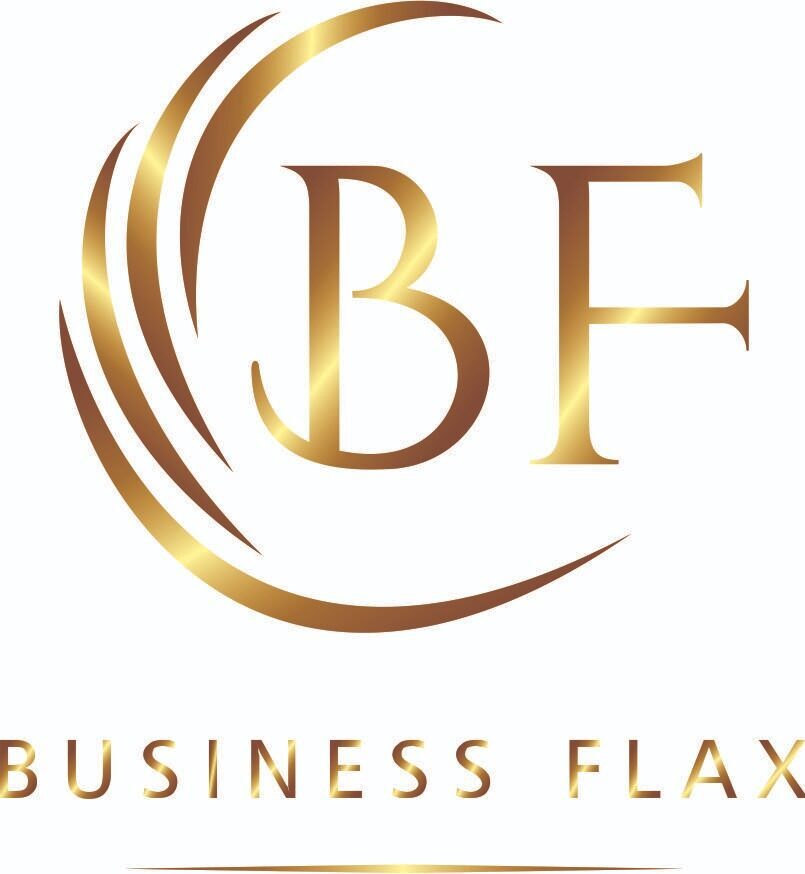The Strategic Use of Fax: Streamlining Workflows and Ensuring Legality

Faxing is still a valuable and strategic tool for many firms, even today, where digital communication rules. Its dependability, security, and legality guarantee that it will always be essential, particularly in sectors that need the transfer of legitimate, verifiable documents. Businesses can streamline workflows and maintain compliance with stringent legal standards by leveraging fax services strategically. Among the modern solutions available, options for free fax services have emerged, integrating seamlessly with digital systems and enhancing the efficiency of traditional faxing methods.
Why Fax Has Staying Power
Many might consider faxing outdated, but it retains undeniable advantages that ensure its continued use. Services amplify the traditional faxing medium, offering greater flexibility while preserving its core benefits. Unlike emails, faxes provide a secure and reliable way to transmit documents, which is especially valuable in healthcare, law, and finance. According to a study, billions of faxes are sent globally yearly, underscoring the sustained demand for this communication method. Faxing is especially critical in scenarios where secure and legally recognized communications are paramount, offering an additional layer of trust and verification that modern digital methods may lack.
Strategies to Improve Workflows
Implementing fax strategically can significantly streamline business operations. Integrating digital and physical fax services eliminates the need for tedious processes like printing, scanning, and manually routing documents. Businesses can establish automatic routing systems, utilize digital signatures, and integrate fax services with cloud storage platforms to ensure that documents are accessible from any location at any time. These measures improve efficiency and promote a more flexible and remote working environment, which is increasingly vital in today’s dynamic business landscape. In addition, utilizing automated workflows reduces the possibility of human error, guaranteeing a more dependable and uniform document management system. Additionally, integrating fax with enterprise tools such as Enterprise Resource Planning (ERP) and Customer Relationship Management (CRM) systems can create a seamless flow of information across departments, further enhancing productivity and coordination.
Compliance and Legal Importance
Faxing is preferred for exchanging sensitive information because it complies with various legal standards. The Health Insurance Portability and Accountability Act (HIPAA) requires secure communication methods to transmit sensitive information in specific industries, such as healthcare, where maintaining patient confidentiality is crucial. Fax services typically offer encryption, secure transmission, and audit trails that ensure compliance with these stringent laws and regulations. As a result, utilizing a reliable fax service can help businesses avoid legal complications and potential data breaches. Additionally, faxed documents often hold significant legal standing and are generally accepted as binding in court proceedings, providing security and legitimacy to business communications. Furthermore, audit trails offered by modern fax services provide a comprehensive record of document transmissions, which is essential for industries needing stringent compliance documentation.
Integrating Fax into Modern Systems
Integration is crucial for modern businesses operating in diverse environments. Most advanced fax services can seamlessly integrate with existing mail, ERP, and CRM software. For ease of access, a received fax, for instance, can be sent straight to an email account or stored in the cloud using Dropbox or Google Drive. This ensures that fax communications maintain modern work laws but enhance them by providing a cohesive and streamlined process. Integrating fax with other digital tools allows for more effective document management and faster communication, significantly improving business efficiency. This integration saves time and ensures that critical documents are easily retrievable and manageable, supporting better decision-making and operational continuity. Businesses can also integrate fax services with collaboration platforms, ensuring team members have real-time access to essential documents and enhancing team collaboration and project management.
Choosing the Best Fax Service
When choosing a fax provider, it is crucial to consider cost-effectiveness, solid security measures, and ease of integration. In today’s mobile-first corporate world, sending and receiving faxes from many devices—including smartphones and tablets—is becoming increasingly important. Look for providers that offer comprehensive support and regular system maintenance to ensure smooth operations and quick resolution of any issues. Referencing reviews and user testimonials can provide valuable insights into a service’s reliability and user experience. Furthermore, confirming that the selected fax service provides robust security protocols to shield confidential data from illegal access and security lapses is imperative. Services that offer flexible subscription plans allow businesses to scale their fax needs as required, avoiding unnecessary costs and ensuring they only pay for what they use.
Read More: Lease Agreement
Real-Life Use Cases
Industries such as healthcare, law, and finance have stringent data transmission regulations and continue to rely on fax for their operational needs. In healthcare, faxing ensures patient records are transferred securely and accurately between providers, maintaining confidentiality and compliance with regulations. Legal firms use faxing to transmit sensitive client documents and contracts that require verifiable signatures, ensuring both parties have a reliable and legally recognized document trail. Financial institutions rely on fax to transmit formal, legally binding documents, such as loan agreements and financial statements, which require high security and integrity. The ongoing reliance on fax in these sectors underscores its essential role in facilitating secure and efficient communication. Moreover, faxing minimizes the risk of data breaches associated with digital transmission methods, offering an added layer of security in these highly regulated industries.
Conclusion
The strategic use of fax services provides numerous benefits, including streamlined workflows and compliance with legal standards. By adopting modern fax solutions that integrate seamlessly with existing systems, businesses can enhance their operations while ensuring data security and regulatory compliance. Whether in healthcare, law, or finance, faxing remains a vital communication method that continues to prove its value. As the business landscape evolves, integrating traditional faxing with digital solutions will remain a strategic advantage for organizations aiming to maintain secure and efficient communication channels. Embracing these advanced fax technologies can help businesses stay ahead in an increasingly competitive and regulatory-focused environment, ensuring they can effectively meet operational and compliance needs.






